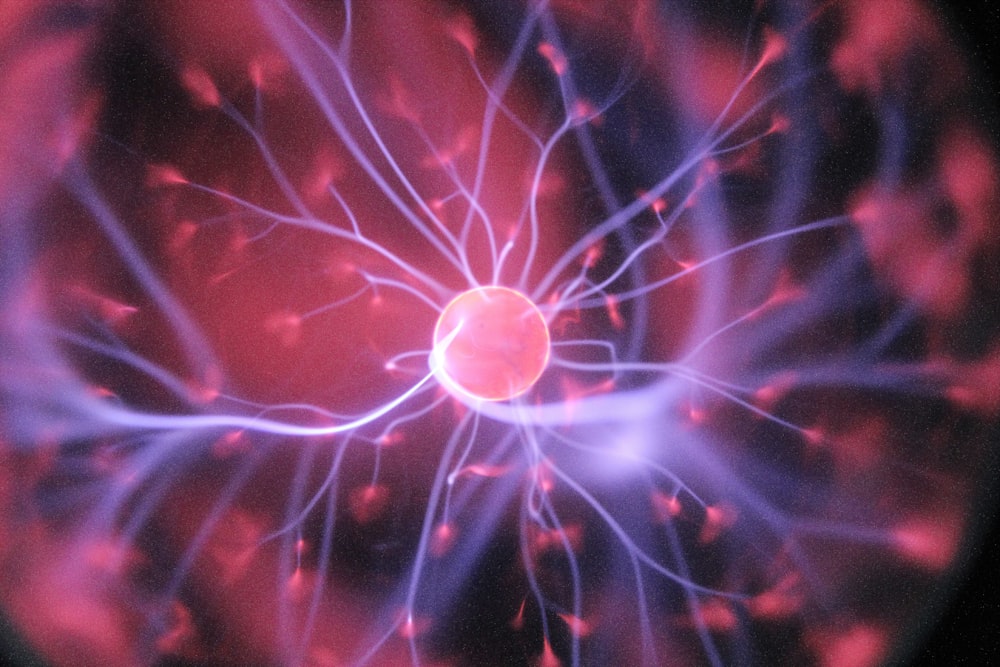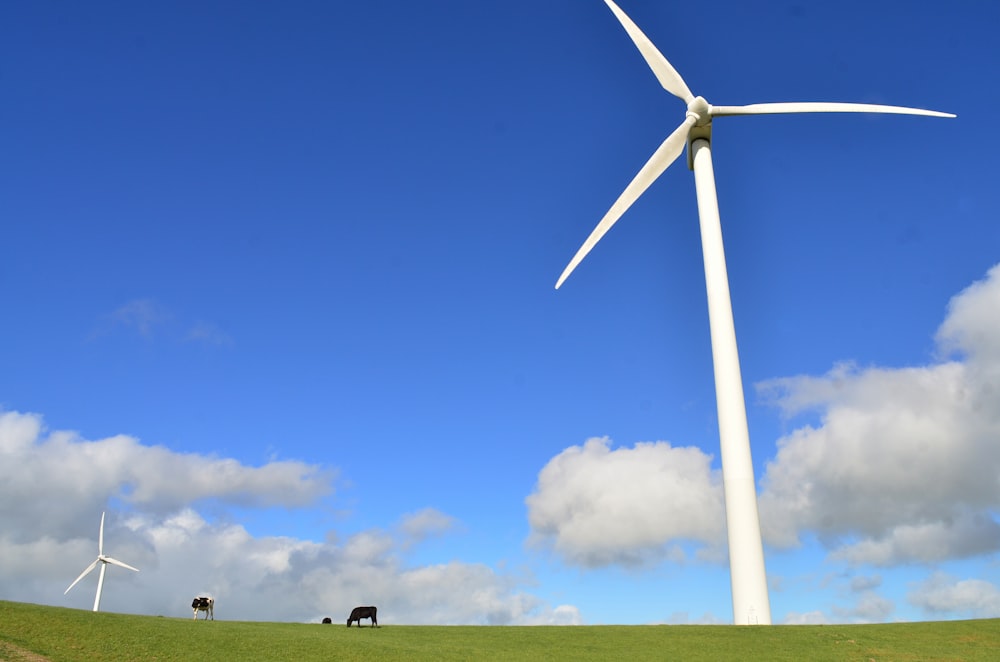
Exploring Sustainable Energy Diverse Solutions
Exploring Sustainable Energy: Diverse Solutions
Understanding Sustainable Energy
Sustainable energy refers to energy sources that are renewable, environmentally friendly, and have a minimal impact on the planet. It encompasses a wide range of technologies and practices aimed at reducing carbon emissions, promoting energy efficiency, and conserving natural resources. To delve deeper into the types of sustainable energy available, visit types of sustainable energy and discover the diverse solutions shaping our energy future.
Solar Energy: Harnessing Sunlight
Solar energy is one of the most abundant and widely accessible forms of sustainable energy. It involves harnessing sunlight using photovoltaic (PV) panels or solar thermal systems to generate electricity or heat water. Solar power offers a clean and renewable energy source that can be deployed on a small scale, such as rooftop solar panels on homes, or on a larger scale with solar farms covering vast expanses of land.
Wind Energy: Capturing the Power of the Wind
Wind energy utilizes wind turbines to convert kinetic energy from the wind into electricity. Wind turbines consist of blades that rotate when exposed to wind, generating electricity through a generator mechanism. Wind power is a highly scalable and efficient form of sustainable energy, with wind farms producing electricity for both grid-connected and off-grid applications.
Hydropower: Harnessing the Power of Water
Hydropower, also known as hydroelectric power, utilizes the energy of flowing water to generate electricity. It involves building dams or diversion structures to capture the energy of rivers or streams and convert it into electricity through turbines. Hydropower is a reliable and renewable energy source, providing a constant supply of electricity with minimal environmental impact when properly managed.
Biomass Energy: Utilizing Organic Matter
Biomass energy involves converting organic matter such as wood, crop residues, and organic waste into heat, electricity, or biofuels. Biomass can be burned directly for heat or electricity generation, or it can be converted into biofuels such as ethanol and biodiesel. Biomass energy offers a renewable alternative to fossil fuels and can help reduce greenhouse gas emissions when sourced sustainably.
Geothermal Energy: Tapping into Earth’s Heat
Geothermal energy harnesses the heat stored beneath the Earth’s surface to generate electricity or provide heating and cooling for buildings. It involves drilling wells to access hot water or steam reservoirs and using heat exchangers to transfer the geothermal energy to power turbines or heat pumps. Geothermal energy is a reliable and consistent source of sustainable energy, with geothermal power plants operating around the world.
Tidal and Wave Energy: Harnessing Ocean Power
Tidal and wave energy harness the energy of ocean tides and waves to generate electricity. Tidal energy involves capturing the kinetic energy of tidal currents using underwater turbines, while wave energy utilizes the up and down motion of waves to drive generators. Both forms of ocean energy offer a predictable and renewable source of electricity, with the potential to provide a significant portion of the world’s energy needs.
Investing in Sustainable Energy Solutions
As the world transitions towards a more sustainable energy future, investing in renewable energy sources becomes increasingly important. By diversifying our energy sources and embracing sustainable technologies, we can reduce our dependence on fossil fuels, mitigate climate change, and create a cleaner and healthier planet for future generations. Explore the diverse range of sustainable energy solutions available at types of sustainable energy and take a step towards a brighter and more sustainable future.



